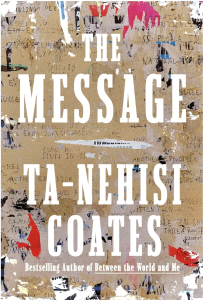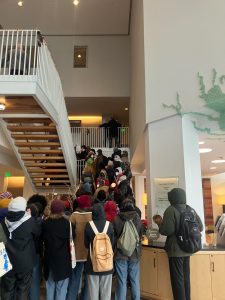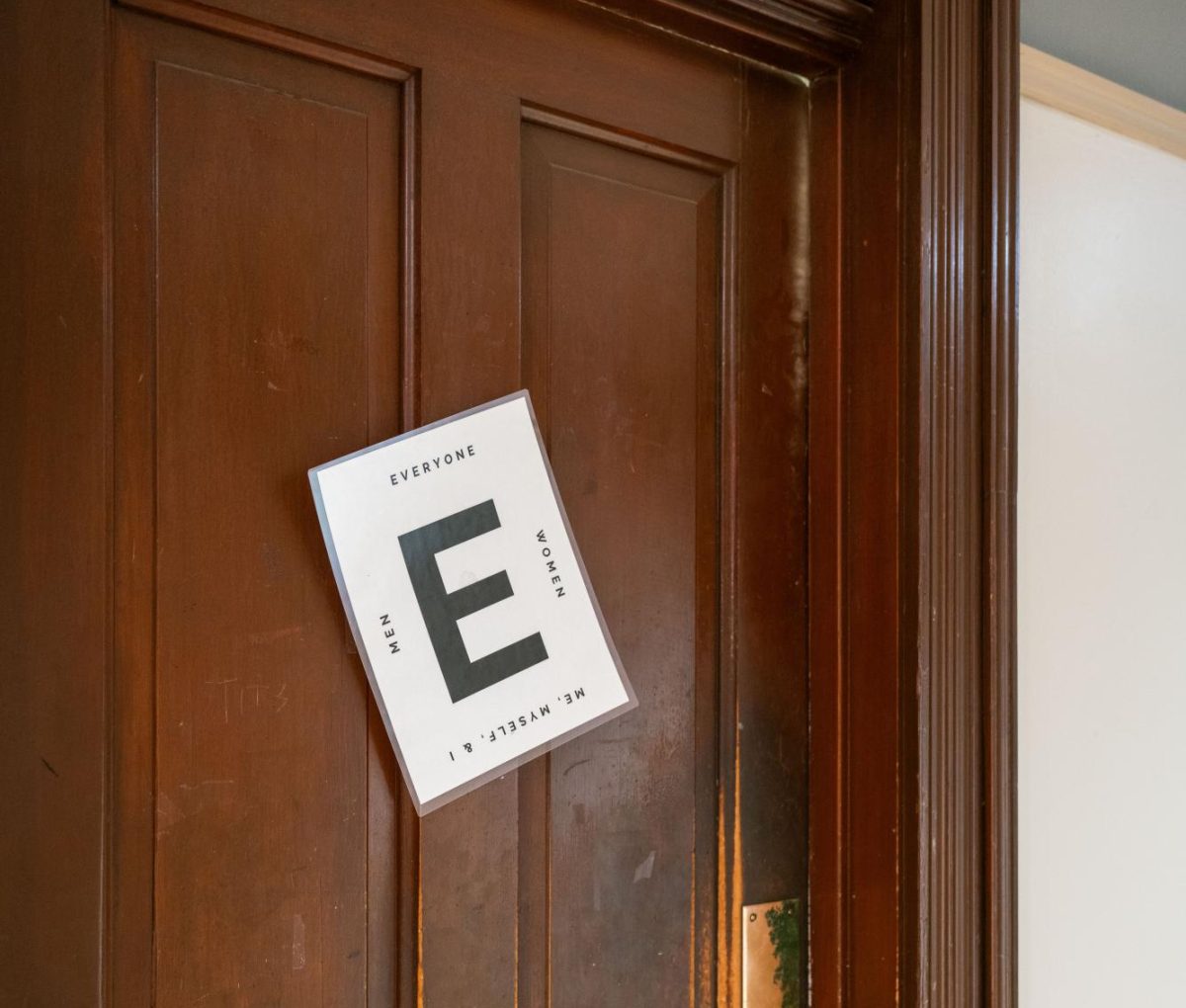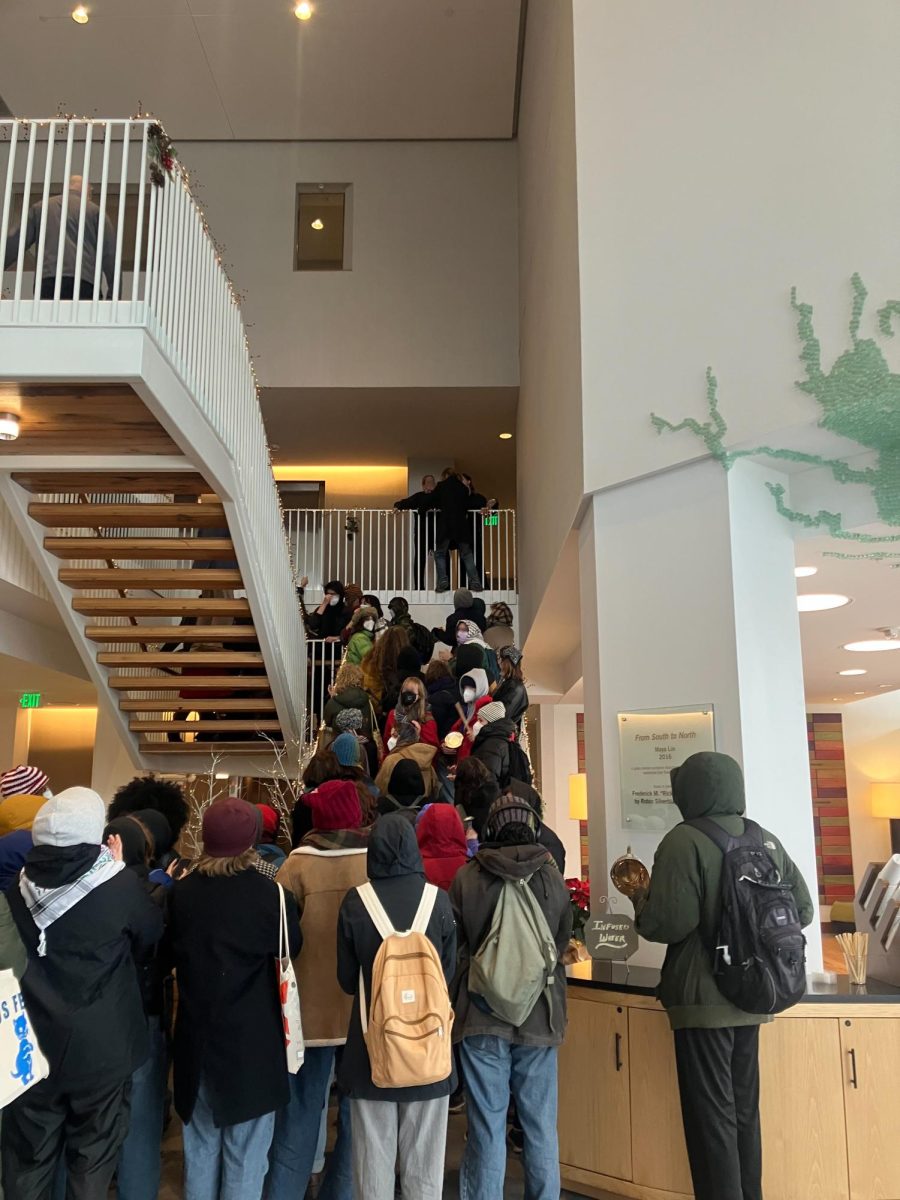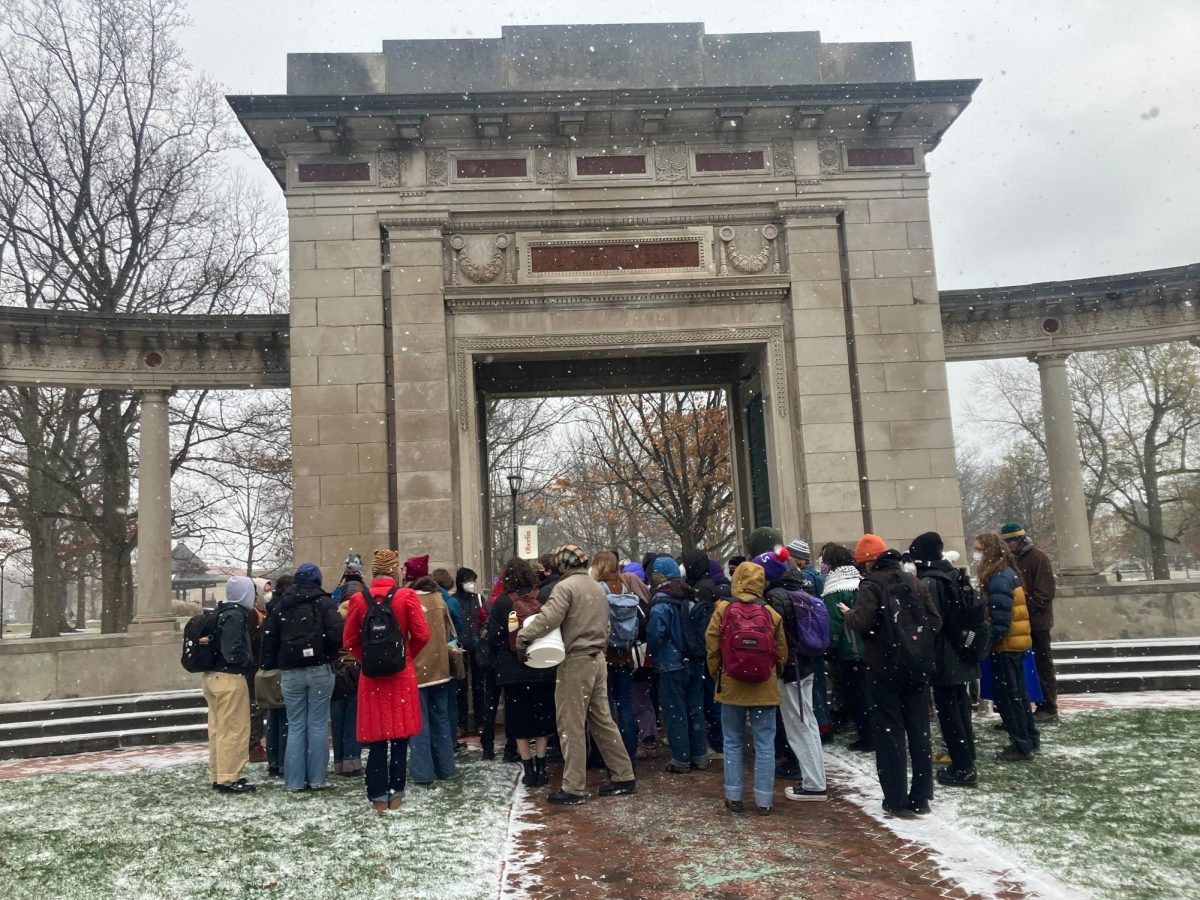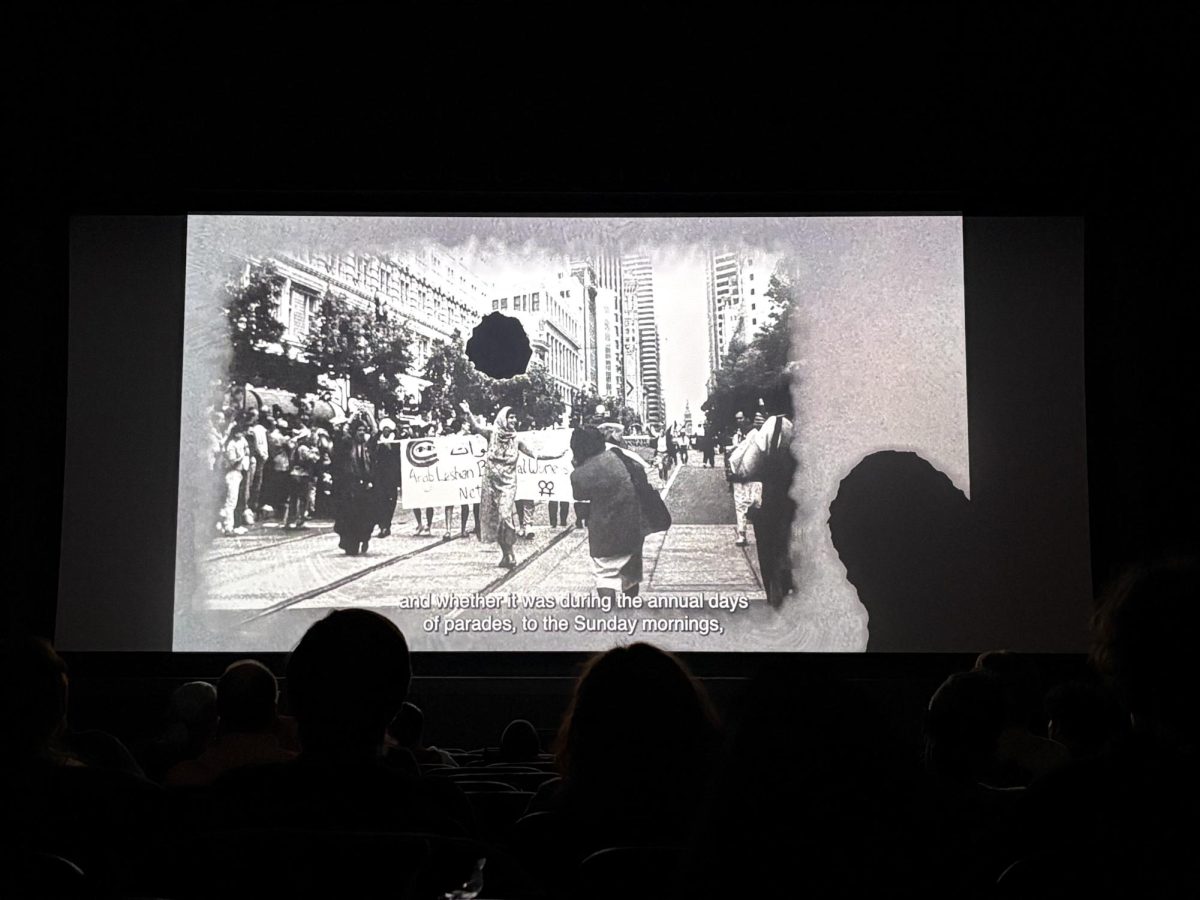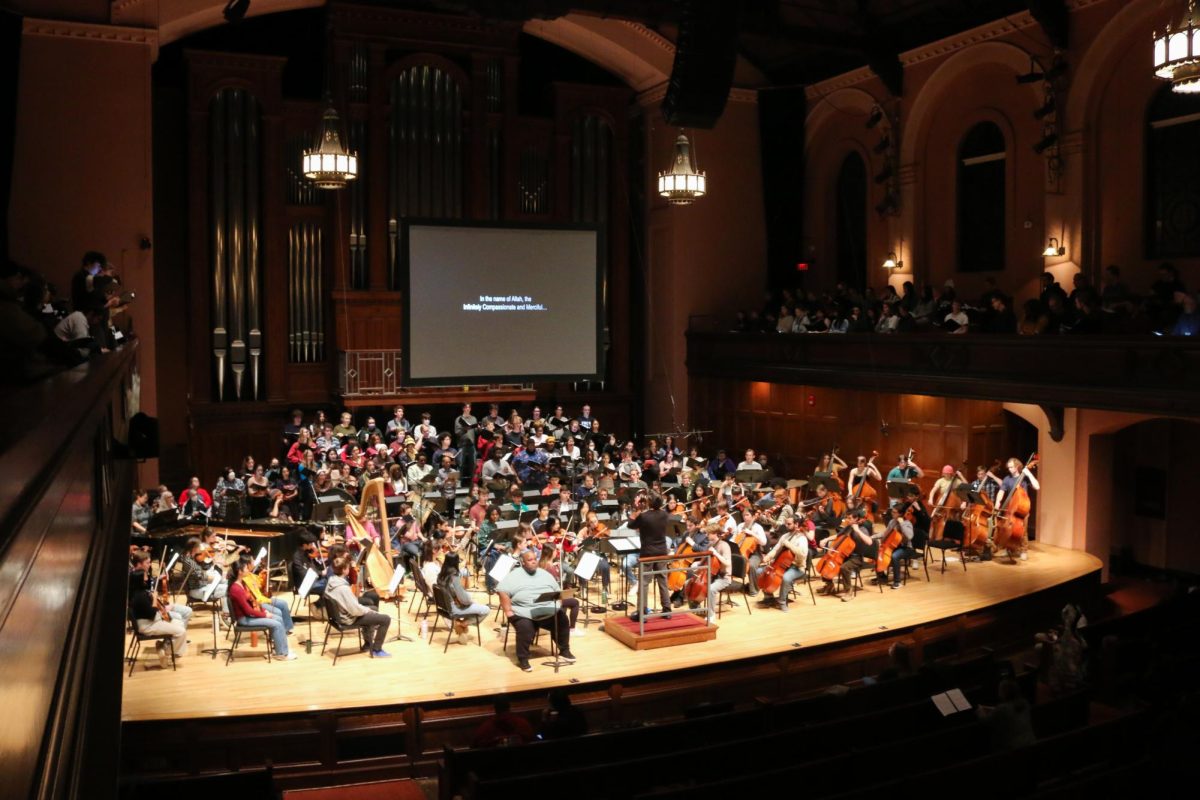KHC Out of OSCA
April 5, 2013
After more than 20 years in collaboration, the board of directors of the Oberlin Student Cooperative Association has decided to end Kosher Halal Co-op’s membership in the organization. Beginning next fall, KHC will only affiliate with OSCA through OSCA promotional materials and emails to students on the co-op wait list.
The decision comes after nearly two months of intense deliberation, confusion and controversy, including allegations of pervasive anti-Semitism within OSCA. The Board notified OSCA members in an email sent on March 18 that “the board of directors has come to consensus to direct the rent contract negotiation team to remove Kosher Halal Co-op from OSCA.”
Three days later, individuals directly involved in the review process held a public forum to address concerns of community members. The Board has yet to release a formal statement regarding the decision.
Paul DeRonne, double-degree fifth-year and president of OSCA, declined to provide explicit details on the reasoning behind the Board’s decision, citing legal liabilities that necessitate confidentiality. He explained the separation as a result of irreconcilable “structural differences” — ostensibly referring to an apparent conflict in OSCA’s Continuing Policy on food buying and kitchen inspection with traditional Jewish dietary law, known as kashrut.
Nat Bennett, College junior and one of KHC’s two Board representatives, sat in on the “confidential sessions” in which KHC’s membership was reviewed. Bennett said the decision to revoke the membership was also partially motivated by “questionable financial practices,” including the co-op consistently exceeding its food budget.
KHC’s membership review turned up information that led to speculation on the legality of some OSCA and KHC practices. When asked if anything illegal had transpired, Bennett replied, “I’m not going to answer that question. Well, to put it more frankly, it’s ambiguous whether or not someone did something illegal. There were legal ambiguities, on both sides. Neither side has done things by the book.”
Bennett did make it clear, however, that no embezzlement or theft had occurred and that the Board had no malicious intent toward KHC. He also emphasized that despite the secrecy of much of this process, the Board is relatively open, saying that he has dealt with directors that were “less democratic and more high-handed.”
Though some of the controversy has subsided, many KHC members remain furious with the decision.
“Before the review, Paul DeRonne gave me wrong information, saying that KHC had a choice in this review, when in actuality our board members were forced to negotiate in the interest of our co-op,” stated double-degree senior Lauren Good via email. “In the end, OSCA did not allow us to remain a kosher space as long as we were in OSCA, which DeRonne not only refuses to admit, but now actively denies.”
Good also felt that there was an element of hypocrisy in the whole situation, writing, “OSCA sent out an email asking for our support in keeping OSCA accessible to more people, right after removing a co-op which was an instrumental factor in OSCA accessibility. Need I say more?”
Conservatory sophomore Sivan Silver-Swartz thought the decision-making process was set up unfairly, partially due to the fact that the OSCA board started discussing KHC’s future a full semester before the co-op’s members did, and because only people attending the board meetings were allowed to know what was really going on. The decision, he said, was part compromise, part exasperation.
“We basically weren’t allowed to be a co-op. We couldn’t have a meal without having a discussion about something,” he said. “You could really feel toward the end that a lot of people were just worn out and just couldn’t take it anymore.”
Though the future of KHC is yet to be determined, Silver-Swartz still feels relieved.
“It’ll be stressful in a different kind of way. We’ll have more authority, and be able to decide our future, as it were.”
Despite the frustration of many, some KHC members remain optimistic for the co-op’s future. College senior Asher Butnik thinks the membership revocation may in fact be a positive step for the co-op.
Butnik has organized a meeting to discuss plans for next year, finding hope in KHC’s origins as an independent co-op and its strong institutional memory preserved in Rabbi Shimon Brand, Oberlin alumni and College administrators.
Current options for KHC in the fall include a Campus Dining Services employee present in the co-op at all times and operating independently but relying on the College for health- and law-related issues.
To avoid similar controversy in the future, the OSCA Board will be initiating an “executive session” on the formulation of an OSCA-wide policy that would state the conditions under which a legally registered nonprofit’s board of directors can convene and begin to make decisions. OSCA currently lacks any such policy.
OSCA will also change its Continuing Policy to require all of its member co-ops to provide round-the-clock access to their kitchens and to buy all food through a central food buyer. OSCA President DeRonne has extended a general invitation to the all-OSCA member meeting, which is to be held April 10 at 4:30 p.m, location yet to be announced.


